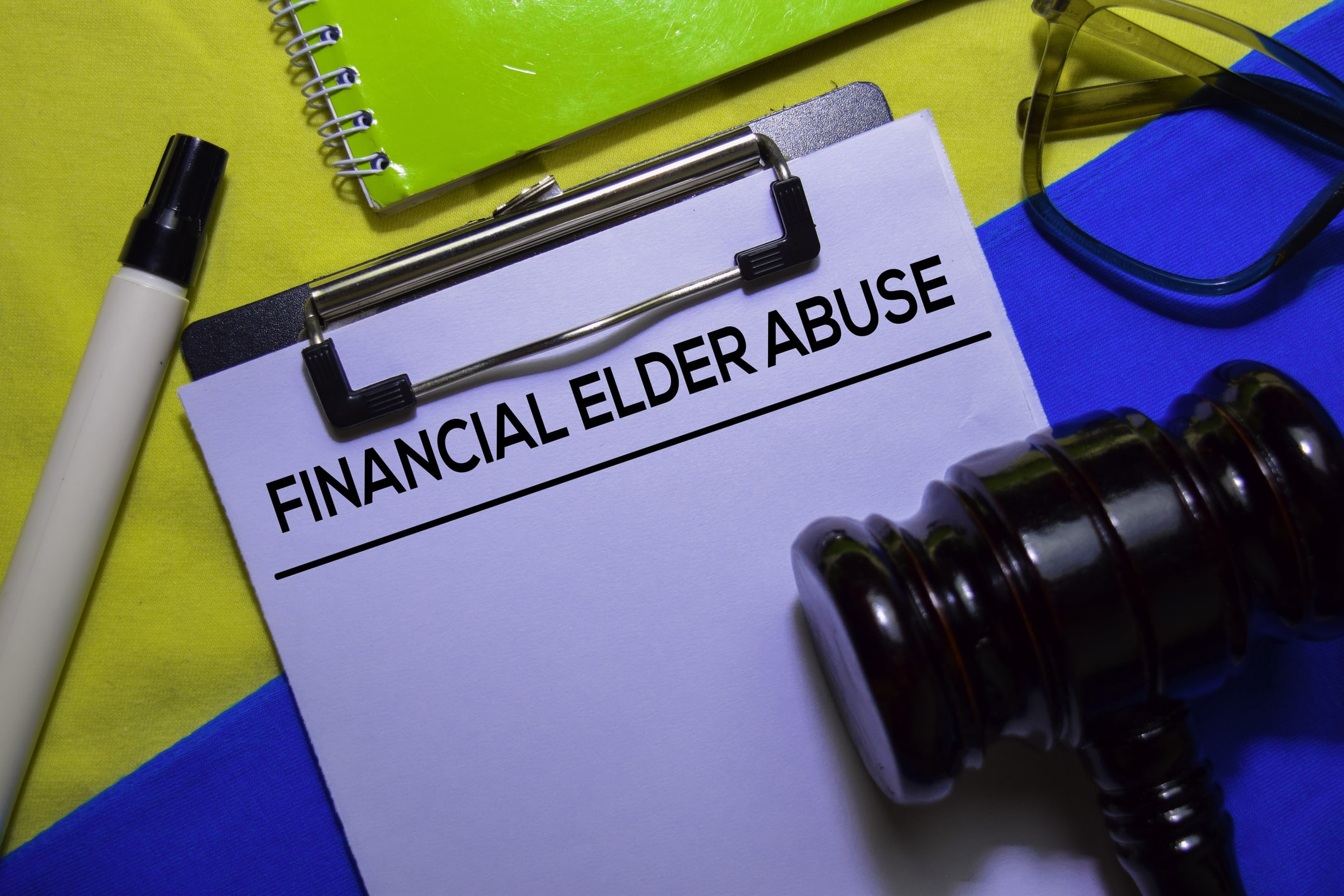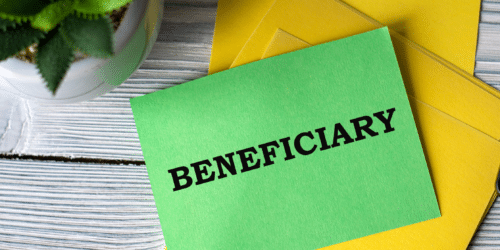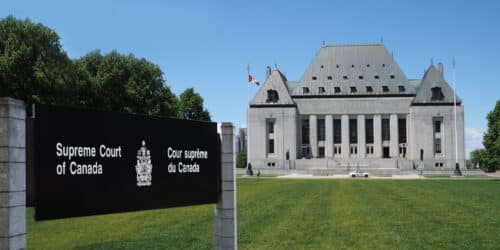Elder abuse, unfortunately, is a common topic of discussion amongst estate practitioners, particularly, financial abuse, the most common form of elder abuse. In broad terms, financial abuse, typically, occurs when an elderly person is coerced, unduly influenced or even coaxed into parting with money, gifts, real estate or other valuables that they might not have otherwise parted with if not for such coercion, undue influence or pressure. In most cases, this undue influence, coercion or other means of improper pressure is exerted by a family member of the elderly person, a caregiver, a service provider or a person in a position of power over the elderly person. It’s not unheard of when a long-lost family member suddenly appears to take care of the elderly and over time to develop a relationship where the elderly person will become entirely dependent on such family member. In most cases, this family member will also endeavour to isolate the elderly person from his supportive family and friends to the point of even preventing access to the elderly person.
The financial abuse can take many forms: the abuser might extract gifts, money or real estate by threats, undue influence or coercion; or the abuser will develop a very close relationship with the elderly person that the latter will totally trust the abuser and provide PIN numbers to bank accounts and debit cards and even allow access to the accounts to pay bills etc. or add them as a joint account holder. An elderly person can be coerced or persuaded to change the Power of Attorney documents, add the abuser as a joint tenant to property or have the elderly person sign documents that they do not have the capacity to understand. An extreme case of abuse is when the elderly person is deprived of food and other necessaries of life, until the elderly person complies with the abuser’s demands.
How does one identify financial abuse? The following are some of the indicators that might point to financial abuse:
- Changes in banking patterns or spending patterns;
- Previously unknown or uninvolved family or friends moving in with the elderly person or changes in the elderly person’s living arrangements;
- Removing the elderly person from his or her home to live with the person exerting the control;
- Inability to pay bills or poor living conditions;
- Changes in appearance;
- Confusion or lack of knowledge about finances;
- Execution of legal documents that the elderly person did not understand or initiate;
- Disappearance of valuables from the home;
- Changing powers of attorney documents and/ or testamentary documents;
- Engagement of new lawyers to prepare legal documents for the elderly person;
- Being denied the opportunity to make independent financial decisions;
- Isolation of the elderly person from supportive family and friends.
This list is not exhaustive but these are the most common indicators of financial abuse involving the elderly.
In the case of financial abuse, there are 2 remedies available – one a civil remedy to make good the loss the person suffered along with damages or through the criminal court where the perpetrator will be charged under the Criminal Code. In addition to the repayment of money and damages, the civil court can also order the removal of an attorney for property, or an order to account for or set aside a transfer of title to property or the setting up of bank accounts into joint names.
It is important that those who have elderly family members and the community at large are aware of this abuse to prevent the devastating effect it has on the elderly and to protect this vulnerable sector of society.
This blog post was written by Nuwanthi Dias, a member of the Wills and Estates and Estate Litigation teams. She can be reached at 613-369-0385 or at nuwanthi.dias@mannlawyers.com.








